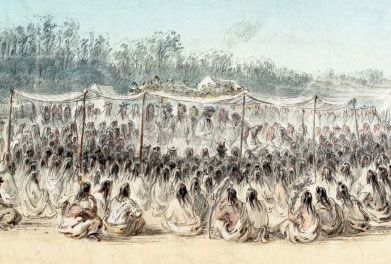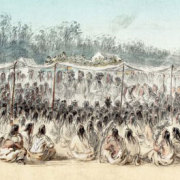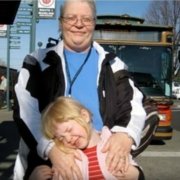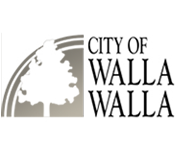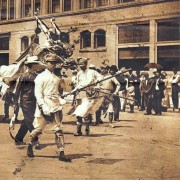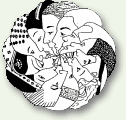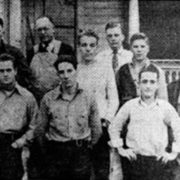Sesquicentennial Commemoration of the Second Walla Walla Treaty Council
SESQUICENTENNIAL OF SECOND WALLA WALLA TREATY COUNCIL OF 1856
On Saturday, Sept. 9, 2006, the Sesquicentennial Commemoration of the Second Walla Walla Treaty Council between Governor Isaac Stevens and Indians from throughout the region, as well as related events that took place 150 years ago in the Walla Walla area will be observed.
As part of the commemoration, interested participants will walk or ride horses to the probable site of a major skirmish between Gov. Stevens and Indians from various tribes that took place following the council.
The Sept. 9 events will begin at 1:30 p.m. at the Leon Filan farm at 853 Five Mile Road, and will end with a trek to the Bennington Lake skirmish site where observances will close.
The commemoration activities will begin with the sharing of food by participants, including Indian fry bread, followed by a presentation of flags by all parties, the sharing of tribal and immigrant perspectives on the second council and resulting skirmish, and a trek over the probable route of the Stevens party to the skirmish site.
You are invited to bring food to share, and to walk or ride a horse the two miles to the skirmish site. Some seating in four wheel drive vehicles will be available for elders wishing to make the trek; transportation will be provided for walkers returning to their cars.
Many of the materials used in the research for this project were collected by Steve Plucker, a Touchet area farmer whose great grandfather was a soldier in the U.S. Army during the Yakama War in 1858, before settling here to farm along the Touchet River. Plucker is also one of the people responsible for the erection of the historical sign on Five Mile Road honoring both the treaty council and the establishment of the first US Army Fort Walla Walla in that area.
Another member of the commemoration committee is Sam Pambrun of Athena, whose great grandfather Andrew Dominique Pambrun was Stevens’ secretary, guide, and interpreter for the second council, and writes a colorful account of both the proceedings and the skirmish in his autobiography, Sixty Years on the Frontier in the Pacific Northwest.
Walla Walla Chief Carl Sampson is a co-chair of the commemoration committee, along with Veronica Willeto, a member of the American Indian Association at Whitman College, and Dan Clark of Walla Walla 2020. Sampson is related to Homli, who served as head chief of the Walla Wallas after the killing of Chief Peo-Peo-Mox-Mox in 1855, and who was present at both the council and the skirmish.
Leon Filan, who is providing the site for the commemoration adjacent to his well-known corn maze, remembers a square log building on the property with no windows and a series of small round holes on every wall about rifle height, that may well have been part of the Fort built by Steptoe. Filan’s family moved to Five-Mile Road in the 1940’s. Other farmers and landowners in the vicinity are also cooperating with the commemoration by allowing the historic trek through their lands from the Filan place to the Bennington Lake area, where Corps of Engineers rangers are interested in the project and its historical significance for the area.
On Sept. 9, papers and maps will be distributed to those making the historic trek, detailing 15 points of specific activity documented in accounts of the skirmish, and indicating locations for them on the ground in the vicinity. Copies are also available on this website.
The Indian position on the council can be summed up in the words of Speaking Owl, a Nez Perce chief close to Looking Glass: “Will you give us back our lands? That is what we all want to hear about; that is what troubles us. I ask plainly to have a plain answer.”
The reason for the failure of the council is made clear by the governor’s own report:
“At the conclusion of this council, in a brief address to the Indians, I expressed my regrets that I had failed in my mission—that no one had said “yes” to my propositions, and that I now had only to say, “follow your own hearts; those who wish to go to war, go….My propositions were unconditional submission…”
The commemoration committee hopes that lessons will be learned from these historic events of the past that will help us to live respectfully together now and in the future.
For more information on this commemoration, contact Dan Clark at 509-522-0399, or write to wallawalla2020@charter.net.

